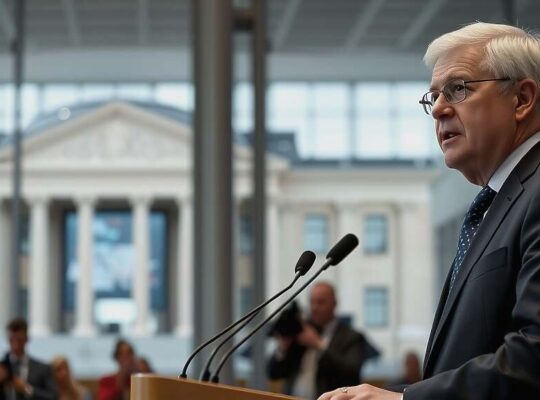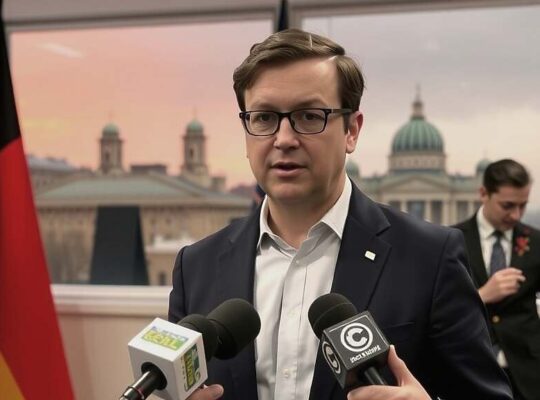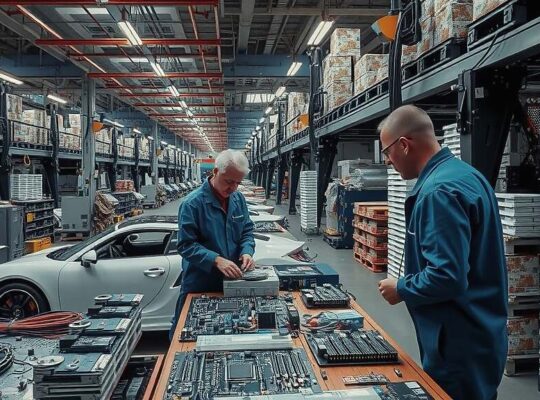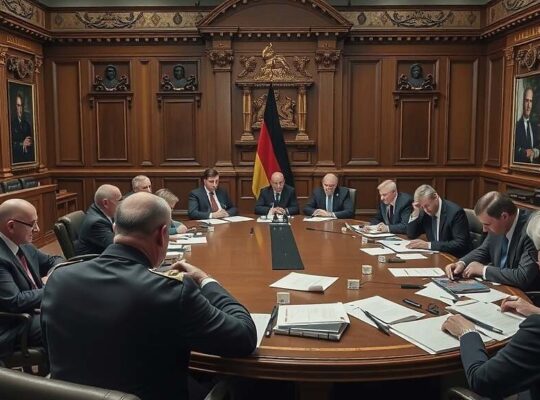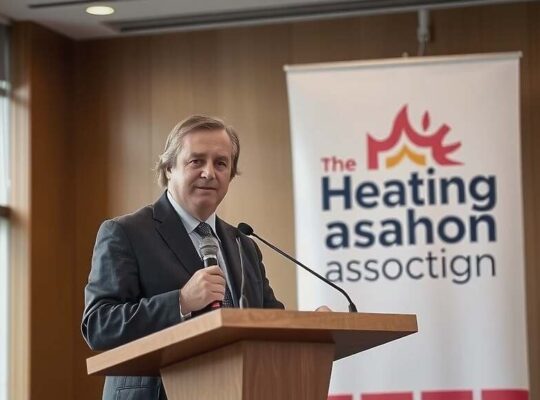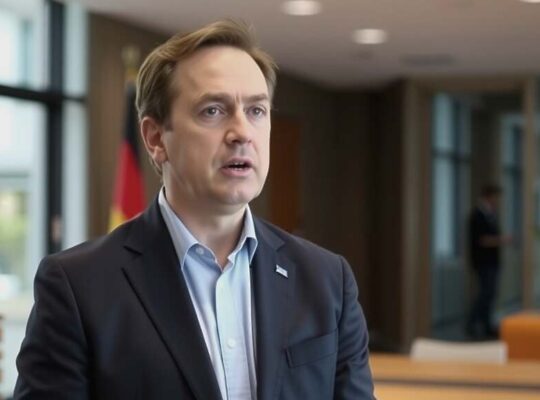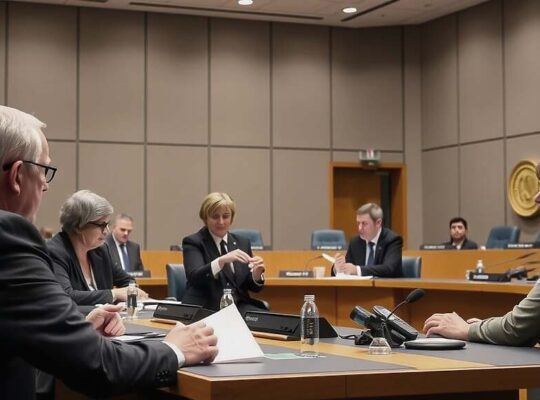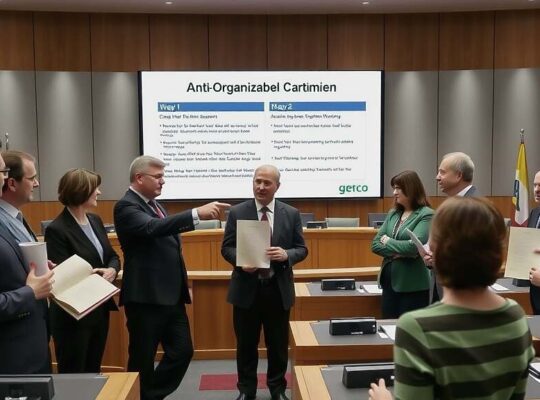Germany’s opposition parties are intensifying pressure on the federal government to address projected budgetary shortfalls for 2026, demanding spending cuts in key areas and advocating for increased incentives for employment among recipients of social welfare benefits.
Members of the Christian Democratic Union (CDU) and Christian Social Union (CSU) are specifically calling for a reduction in subsidies for heat pump installations, a central component of the government’s energy transition strategy. CSU General Secretary Martin Huber suggested exploring savings within the substantial funding allocated to the program, rather than considering tax increases. The “Bundesförderung energieeffiziente Gebäude” (Federal Funding for Energy-Efficient Buildings) program currently represents the largest single expenditure within the Climate and Transformation Fund, with approximately 15.3 billion euros earmarked for 2025. Recent reports indicate the country is falling short of its targets outlined in the Federal Climate Protection Act, potentially leading to significant penalties under the European Effort Sharing Mechanism due to a projected gap of 110 million tonnes of CO2 equivalent by 2030.
Beyond energy policy, CDU/CSU parliamentary group Deputy Chairman Mathias Middelberg is urging Finance Minister Lars Klingbeil and Labor Minister Bärbel Bas to implement stronger work incentives for individuals receiving basic citizen’s support (Bürgergeld). Middelberg argues that fostering employment would reduce reliance on welfare and contribute to tax revenues. He highlighted a particularly low rate of employment amongst asylum seekers from Syria and Afghanistan, pointing out that only 37% and 47% respectively are in statutory employment, with a significant proportion relying on Bürgergeld. Increasing employment rates within this demographic, he suggests, would alleviate financial burdens and bolster the national economy.



